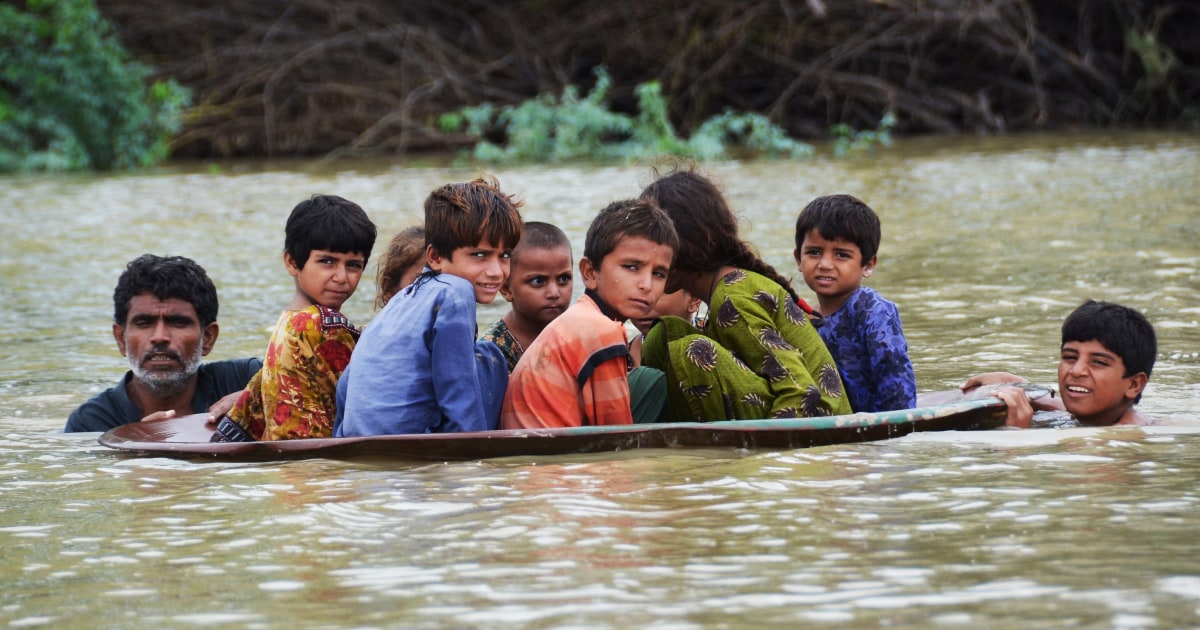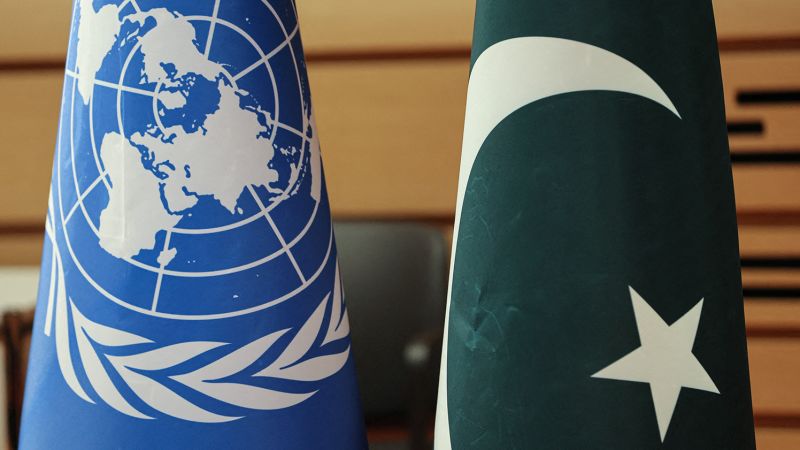Al Jazeera: Pakistan's Female Agricultural Workers Still Struggling From 2022 Floods

The Facts
Seven months after catastrophic flooding in Pakistan, millions of women are still facing severe hardship from losing their homes, crops, and livelihoods, according to an Al Jazeera report published on Friday.
The damage from last year's historic floods, caused by extreme monsoon rains, is estimated at more than $30B, including 1,6K deaths and 2M destroyed homes. About 15% of Pakistan’s rice crop and 40% of its cotton crop were wiped out, according to authorities.
The Spin
Pro-establishment narrative
Pakistan’s government isn't doing enough to help those impacted by the floods and is failing its citizens. Millions are still facing hunger, displacement, lack of clean drinking water, and no medical care months later. The government has been promising help since the floods, but those promises ring hollow. Instead, leaders are busy focusing on other issues like international diplomacy while the nation suffers.
Establishment-critical narrative
Wealthier states, like the US, need to do more to support countries impacted by climate change. They have benefited from decades of using fossil fuels and other unsustainable practices to enrich themselves at the cost of other countries. Pakistan, for example, has accounted for 0.4% of historic emissions since 1959 but is now one of the most climate-vulnerable places in the world. Those responsible for climate change should provide compensation for their actions.
Narrative C
Whether support is coming from the Pakistani government or from the international community, women should be at the forefront of relief efforts and future climate policies. They are especially vulnerable to climate disasters, so extra protections should be accorded to them.






